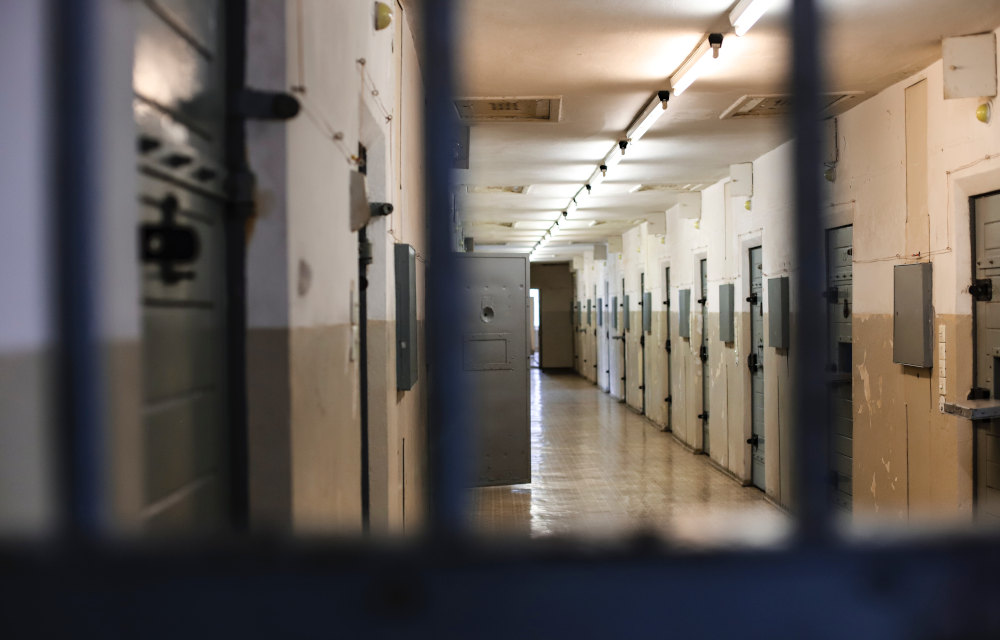A limited number of short-term prisoners will be released early to help tackle the coronavirus outbreak under new regulations laid in Parliament.
Up to 450 prisoners will be considered for early release under the scheme which is is limited to those sentenced to 18 months or less and who on 4 May have 90 days or less left to serve in custody.
The move is designed to help prison and healthcare staff continue to safely manage those who remain in their care during the outbreak.
Detailed restrictions will also be in place to exclude certain groups of prisoners from the process, based on their previous offending.
With the regulations in place, prison governors can take further steps to prepare for appropriate individuals to be released gradually over the next 28 days.

It is hoped reductions in Scotland’s prison population will increase the availability of single-cell occupancy, in turn helping to contain the virus.
Justice Secretary Humza Yousaf said:“Scotland’s prisons have implemented significant changes in recent weeks, ending family visits and limiting time spent out of cells and I am extremely grateful to the dedication and professionalism of all those working in such challenging environments.
By releasing a number of short-term prisoners a few weeks, and at most 90 days, ahead of their due release date, we will ensure there is capacity to safely manage the still large number of people in custody across the prison estate.
“Public protection is paramount and there will be a ‘triple lock’ set of restrictions. Firstly, our emergency legislation already passed by Parliament automatically excludes those in prison for the most serious crimes, including sexual or terrorism offences.
“Secondly, the subsequent regulations now exclude anyone who is serving a prison sentence for a COVID-19 related offence, or is currently or has recently been imprisoned for domestic abuse.
“And thirdly, each prison governor will have a veto over the release of any otherwise eligible prisoner if they have a concern for the safety of an identified individual in the community.
“Even with the protections I have outlined, this is not a decision I have taken lightly. I want to assure victims of crime that this does not in any way diminish their experience.
“I and my officials are engaging closely with victims organisations to ensure we continue to meet their needs as best we can in these challenging times.
“We continue to invest in and support their work, as well as that of police as they too support victims of crime and keep communities safe.
“We are also extending the Victim Notification Scheme to ensure that victims who are registered with the scheme will be notified about the early release of a prisoner.
“In these exceptional circumstances, I continue to take the actions I consider will best reduce the prospect of harm both in Scotland’s prisons and in the wider community of which they are part.”